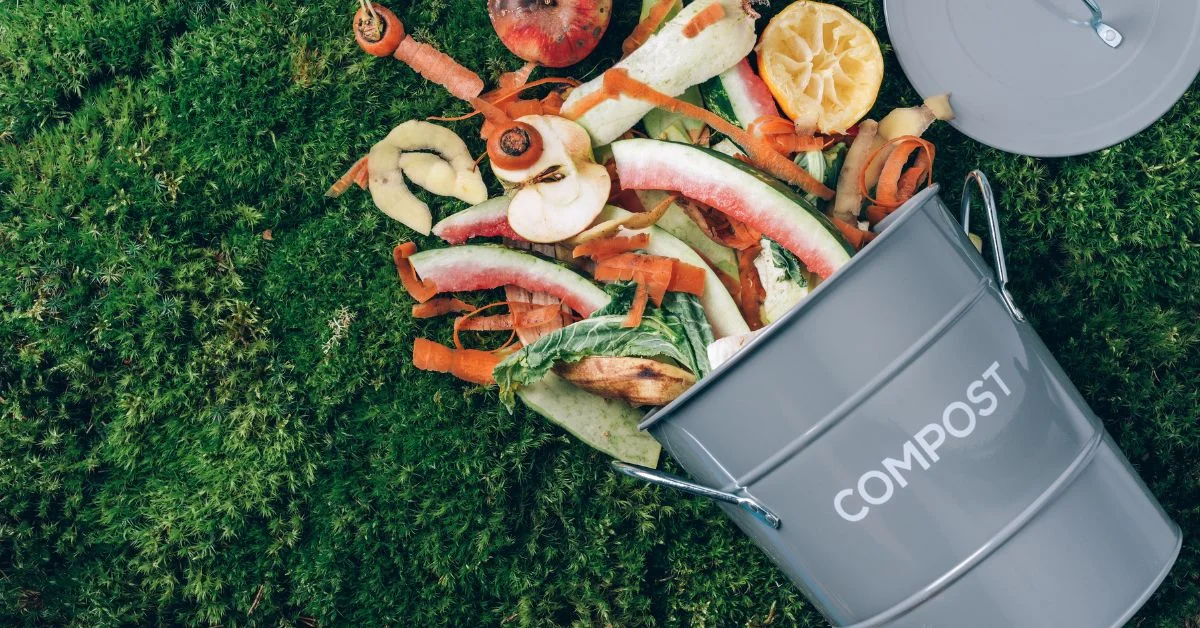Introduction
In bustling Singapore, Chinatown’s hawker centres are icons of affordable, delicious food. But behind the sizzling woks and steaming stalls lies a quieter, often controversial issue—chinatown hawker leftovers consumption. This article delves into the realities of leftover consumption at hawker centres, addressing the cultural, social, and ethical nuances that shape this practice.
Understanding the Context
Hawker centres serve thousands daily. With such high volume comes inevitable food waste. While most diners discard unfinished portions, some individuals—especially from vulnerable groups—opt to consume what others leave behind.
These leftovers, usually abandoned on trays or tables, have become an unlikely resource for:
- The elderly poor
- Migrant workers
- Homeless individuals
Though seemingly taboo, this phenomenon has roots in necessity, not choice.
Why Some People Consume Hawker Leftovers
Economic Pressures
Singapore’s high cost of living disproportionately affects lower-income individuals. For some, Chinatown Hawker Leftovers Consumption provides a rare, filling meal.
Lack of Access to Aid
Despite government support programs, not everyone qualifies or is aware of them. Informal food scavenging becomes a last resort.
Cultural Influence
In many Asian cultures, wasting food is frowned upon. For older generations, salvaging leftovers is a pragmatic, morally justified act.
Cultural Attitudes and Stigmas
The act of consuming others’ food remains heavily stigmatized. Many diners react with discomfort or disgust. However, these reactions often stem from privilege, lacking empathy for those in survival mode.
In contrast, some communities are beginning to reframe the conversation around:
- Dignity in survival
- Reducing food waste
- Building inclusive food ecosystems
Food Waste and Sustainability
A Growing Problem
According to Singapore’s National Environment Agency (NEA), the country generated over 800,000 tonnes of food waste in 2022. Hawker centres contribute significantly.
Leftover Consumption as Unofficial Recycling
Though not a systemic solution, leftover consumption minimizes food waste. Some sustainability advocates argue for safe, organized redistribution channels.
Initiatives Making a Difference
- Food rescue organizations like Food from the Heart or Willing Hearts redistribute excess food.
- Community fridges in heartland areas allow donation of unsold or unconsumed meals.
Health and Hygiene Considerations
Eating leftovers left in public spaces poses genuine health risks:
- Contamination from exposure to air or pests
- Unknown allergens or ingredients
- Temperature abuse (cold food left too long)
Experts recommend caution. However, some people knowingly accept these risks when no alternatives are available.
Policy and Social Support
Existing Support
- ComCare assistance
- Meals-on-Wheels programs
- Charitable food banks
Gaps in Coverage
Many in need either fall through the cracks or are unaware of available help.
Policy Suggestions
- Expanding eligibility for food aid
- Supporting “pay-it-forward” hawker schemes
- Promoting public education on empathy and dignity
Community Perspectives and Stories
“I saw an old man quietly eat from a tray someone left behind. It made me think about how we waste food without thought.” — Chloe, Office Worker
“My dad used to say, ‘Food is a blessing. Don’t waste it.’ Maybe people just do what they have to.” — Jeremy, Local Resident
These reflections remind us that behind every plate is a story, a struggle, and a system that needs fixing.
Conclusion
The issue of chinatown hawker leftovers consumption opens up important conversations around poverty, food waste, and social inclusion. While not a glamorous topic, it’s one that demands empathy, innovation, and collective action. Instead of judgment, perhaps what’s most needed is understanding.
FAQ
Is consuming hawker leftovers legal in Singapore?
It’s not illegal, but hawker centres discourage it due to hygiene concerns.
Are there organized efforts to manage leftover food?
Yes, though informal leftover consumption remains separate from organized redistribution efforts.
How can I help reduce food waste in hawker centres?
- Take only what you can finish
- Support zero-waste and food rescue groups
- Promote “share a meal” programs where possible









